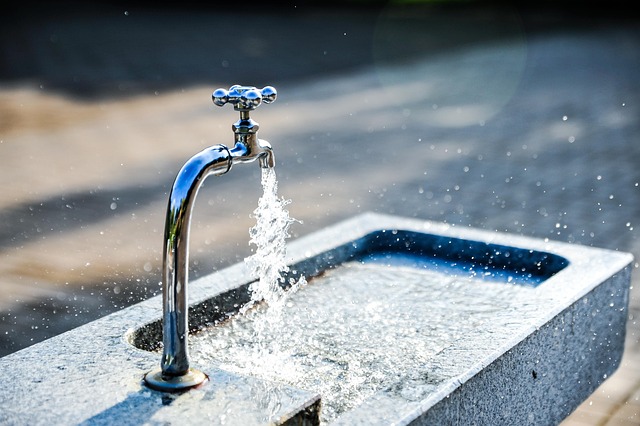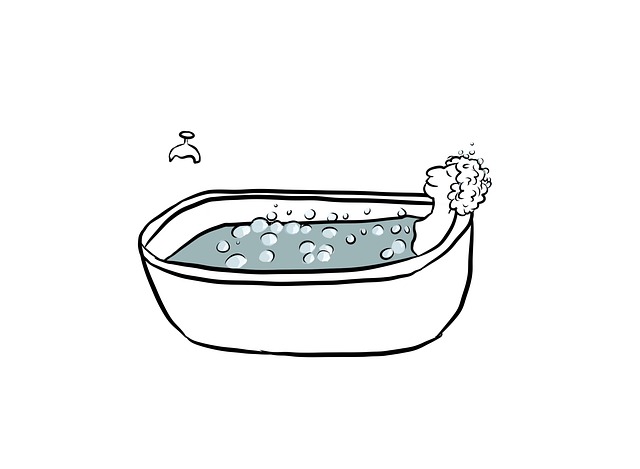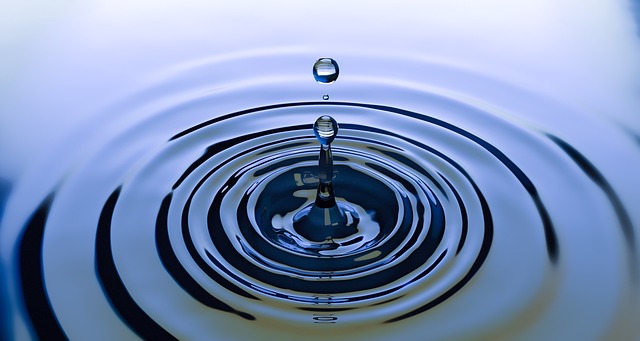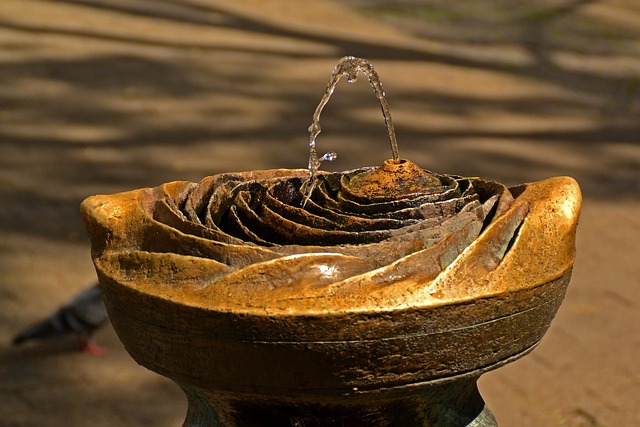Early plumbing leak detection is vital to prevent severe damage and costly repairs. Signs include increased water bills, discolored walls, dripping sounds, low pressure, and musty odors. Regularly inspect pipes for corrosion. Contact utility providers immediately for external issues like leaks or gas odors. Provide detailed information when reporting leaks, using mapping tools if needed. Understand each party's role: utility companies maintain infrastructure and repair leaks within their network. Regular professional maintenance and DIY precautions can prevent leaks and associated costs.
When faced with potential plumbing leaks, the first step towards resolution is identifying the source and understanding who to contact. This article guides you through recognizing the signs of plumbing leaks, effectively reporting external issues to your utility provider, and understanding each party’s responsibilities. Learn how proactive measures can prevent future leaks, ensuring a swift return to normalcy without the hassle of unexpected disruptions caused by plumbing issues.
- Identify Plumbing Leaks: Signs and Symptoms
- Contacting Your Utility Provider: Who to Reach Out To
- Reporting External Issues Effectively
- Understanding Responsibilities: Utility Company Obligations
- Preventative Measures: Mitigating Future Plumbing Leaks
Identify Plumbing Leaks: Signs and Symptoms

Plumbing leaks can often go unnoticed until they become more severe, causing extensive damage and costly repairs. It’s crucial to be able to identify signs of a potential leak early on. One of the most common symptoms is an unusual increase in your water bill. Check for any unexpected spikes in usage, as this could indicate a leak somewhere in your plumbing system. Another telltale sign is discolored or stained walls, ceilings, or floors, especially near pipes and fixtures. You might also notice a persistent dampness or mold growth in these areas.
Pay attention to mysterious sounds like dripping water or a continuous hissing noise coming from the walls or under sinks. If you experience low water pressure in your faucets or showers, it could be a red flag for an underlying plumbing leak. Additionally, if you smell a musty odor or notice an unusual taste or smell in your water, these could be indications of water contamination caused by a leak. Regularly inspecting pipes and fixtures for any signs of corrosion or damage can also help you detect leaks promptly.
Contacting Your Utility Provider: Who to Reach Out To

When encountering external issues like plumbing leaks or gas odors, contacting your utility provider is a crucial step. It’s essential to reach out to the correct department within their organization tailored to handle such emergencies. For water-related problems, including leaky pipes or suspicious noises from water mains, you’ll want to connect with their water services division. They are equipped to assess and address leaks, ensuring prompt repair to prevent further damage.
Similarly, for gas-related concerns like odors, sudden pressure drops, or potential leaks, contacting the gas utility provider is vital. Their specialized teams can safely investigate and rectify issues related to natural gas lines, ensuring your home’s safety and comfort. Remember, quick action by reaching out to these providers can mitigate potential hazards and restore essential services in no time.
Reporting External Issues Effectively

When reporting external issues like plumbing leaks, clear and concise communication is key. Provide precise details about the location, nature, and severity of the problem. Describe any observable symptoms, such as water damage or unusual noises, to help the utility provider quickly identify and address the issue.
Use mapping tools or reference points to indicate exact spots, especially in public spaces or hard-to-reach areas. Include time frames for when the issue was first noticed and any attempts made to mitigate it temporarily. This comprehensive information enables utility workers to efficiently navigate and resolve external problems, ensuring swift restoration of services.
Understanding Responsibilities: Utility Company Obligations

When encountering external issues like plumbing leaks, understanding each party’s responsibilities is crucial. Utility companies, such as water providers, have specific obligations to ensure the smooth functioning of essential services. They are tasked with maintaining and repairing infrastructure within their control, including pipes, valves, and treatment facilities. This involves regularly inspecting systems for vulnerabilities and promptly addressing any issues that arise.
In the case of plumbing leaks, the utility provider is generally responsible for identifying and repairing the source if it’s part of their distribution network. They often employ advanced technologies to pinpoint leak locations efficiently. Once located, they coordinate repair efforts with relevant local authorities and private property owners to ensure safe and effective solutions are implemented, minimizing disruptions to the community.
Preventative Measures: Mitigating Future Plumbing Leaks

Plumbing leaks can be a significant nuisance and financial burden, so taking preventative measures is crucial. Regular maintenance checks are an excellent way to mitigate future plumbing leaks. Homeowners should schedule routine inspections with professional plumbers to identify potential issues early on. These visits can include checking for water pressure problems, examining pipes for signs of corrosion or damage, and testing fixtures for any leaks. By addressing these concerns promptly, you can avoid more extensive (and costly) repairs in the future.
Additionally, simple DIY practices can further reduce the likelihood of plumbing leaks. For instance, ensuring all faucets and valves are properly insulated during colder months prevents pipes from freezing and bursting. Using water-efficient fixtures and appliances also reduces the overall strain on your plumbing system, decreasing the chance of leaks over time.
